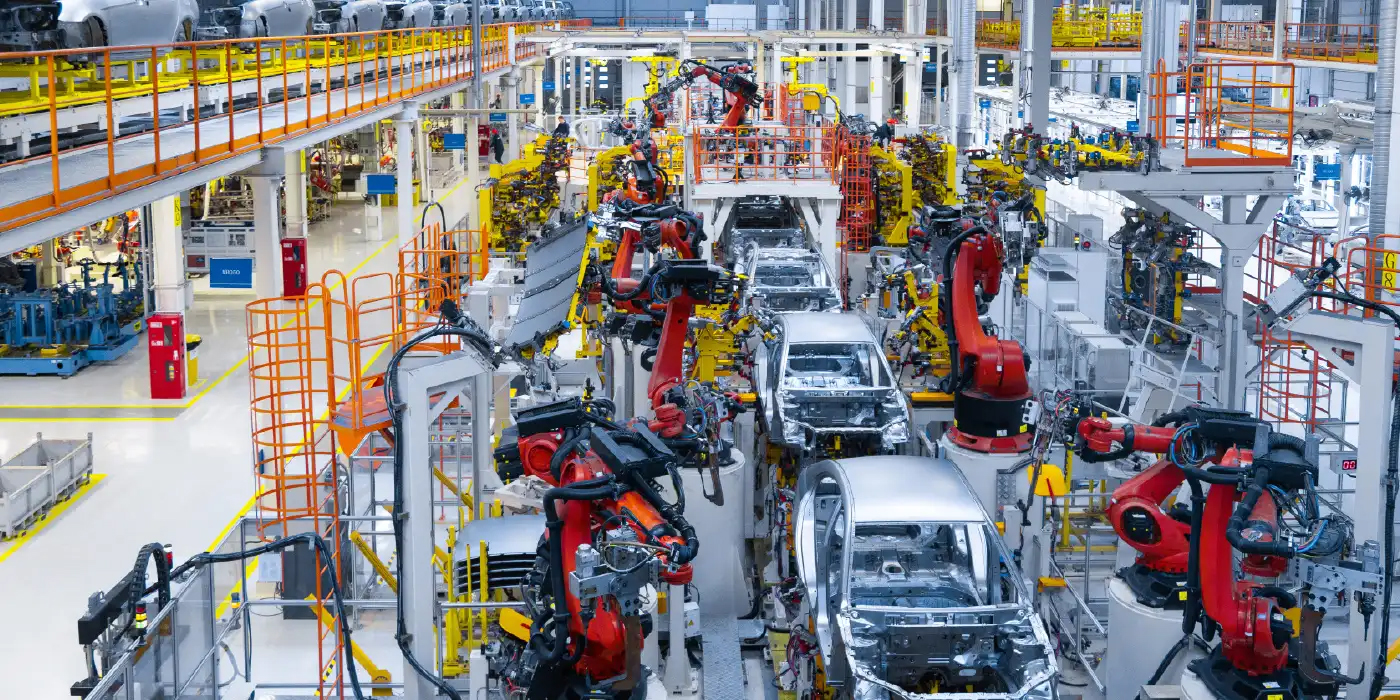AKRON, OHIO — As graduation season nears, what words of encouragement or advice would you give a young person entering the aftermarket? Would you encourage a young person to pursue a career in this industry?
Steve Hoellein, AAP, President, Felt Auto Parts:
That’s a really good question, but it is as broad as it is wide. I touch bases with more than 6,000 students a year. The reason for that is I believe in the students and I believe we need to change this industry and need to get the aftermarket name out there and sold.
The advice I would give is this: Find a job in the aftermarket, but, why not start out delivering parts? Everybody thinks you have to work at a service center. I try to convince these students that at the age of 17 or 18, right out of high school, they are going to find it very difficult to get a job at a service center. Customers are not going to have confidence in a 17 or 18 year old working on their cars.
The number of service center jobs available to young people are minimal. There are more jobs during the summer at warehouses or jobbers, especially in delivery. I ‘sell’ to the students in my area, who are going on to automotive technology careers or post-secondary study, the opportunity to be a delivery driver and essentially drive around and meet the service centers and learn about aftermarket parts and how broad this industry is.
Most students, and their parents as well, have this mindset that they must pursue careers at the dealerships. How do we convince them that the aftermarket is just as viable? I’ve arranged for students who come work for me during the summer to experience a mentorship program where they also get educational credits for working for us. The bright side is, if they want to become a technician, which many of my young employees have, by delivering parts for us, they have the opportunity to become more accustomed with the parts and the service shops and they can build a relationships that may lead to a technician job in the future.
I think a lot of the students who go into automotive technology just don’t know how big the aftermarket is and when they work for me they can learn about all the opportunities out there and this helps them decide which segment of the industry truly interests them.
Marion Posen, Vice President, Sales and Marketing, Mobile Air Conditioning Society Worldwide (MACS):
The automotive aftermarket offers many different career opportunities for graduates, everything from engineering to mechanical to data management to marketing. As someone who has always loved everything to do with cars, I find it to be an exciting industry.
Chuck Udell, MAAP, a senior partner with Essential Action Design Group:
I would absolutely encourage a young student to pursue a career in the aftermarket.
We’ve always suggested getting involved in the schools — tech schools, at the high school level and at the college level. We need to figure out what we can do to have some impact on the curriculum.
As you get involved with the schools, there’s a chance to get to know the students and if you have the opportunity, offer them a summer internship. School involvement is absolutely critical and you have to understand that you not only have to convince the student, you also have to convince the parent.
To encourage the student, you need to focus on their interests. Obviously, if they are in an automotive vo-tech program, they are interested in the industry. I would encourage them that financial assistance is available through the GAAS scholarship. Focus on what they like to do and share with them opportunities in the industry, even take the time to bring them into your workplace. Show them what’s happening, what a typical day is like.
I would do the same thing with the parent. With the parent, the focus has got to be on high-tech. We have to work against the perception that this is a ‘grease-monkey’ type of business. You also have to share with the parent and the student the opportunities as far as income and how important it is for their son or daughter not only to be able to enjoy what they are doing, but also have the opportunity to make some money.
Finally, you need to communicate with guidance counselors. Guidance counselors don’t focus on vo-tech careers, they focus on sending kids to college. College is wonderful but it’s not for everybody.
We focus so much on technicians, but don’t forget, we need good people in the stores also.
Neal Zipser, Vice President, Marketing and Communications, Motor & Equipment Manufacturers Association:
The automotive industry provides outstanding opportunities for today’s youth. From engineers to sales to those who want to work on cars, there are a tremendous amount of opportunities available.
Automotive suppliers, in particular, are the cog that keeps the industry alive. Suppliers account for about two-thirds of the employment in the manufacturing side of our business and continue to take on increased responsibilities from their customers. Suppliers will continue to perform more of the engineering, design and manufacturing of the components and systems in future vehicles. And with the increase in technology that the industry will continue to introduce, these jobs can be very exciting and fulfilling.
Today’s youth should not lose sight of the fact that Americans rely on their vehicles for their freedom of mobility. There will always be cars and trucks and there will always be the need for people to make and supply the parts and for people to keep these vehicles on the road. There is good job stability and the salaries are generally above the national average. For example, on the manufacturing side of the business, the auto industry provides $292,000 per worker to the U.S. economy — four times more than the average job and more than twice the average of $120,000 for all other manufacturing jobs.
Summary by Amy Antenora, Managing Editor, aftermarketNews:
It is always interesting, when posing questions in a forum such as this, to step back and notice how differently people can interpret the same question. In this case, these different interpretations all bring up valuable points when it comes to creating new ways to recruit bright, young people to this industry.
First and foremost, the interest has to be there. And, I for one, can attest the fact that you don’t have to have grown up a ‘car guy’ to find this an exciting and fascinating industry. The responsibility lies partly in our own hands to toot the aftermarket’s horn and increase awareness of this industry in the public eye, particularly in the schools and in the guidance counselor’s office. While the facts and figures that we constantly put forth to show just how economically viable and powerful this industry is are very valuable, we need to go beyond providing the basic facts and give people a real sense of what goes on in the aftermarket.
Hoellein’s efforts to do this are to be applauded. He gives students the opportunity to ‘test drive’ a career in the aftermarket and get a feel for all the opportunities that are out there. And, it’s a win-win situation. Hoellein gets extra help delivering parts to his customers and the students get a taste for a career in the aftermarket. This kind of hands-on effort can go on at all levels of the industry and should.
Getting back to the question at hand, what advice would I offer to a young graduate considering a career in the aftermarket? Approach every interaction with an aftermarket professional — whether it’s a technician, a parts store owner or a manufacturing executive — as a learning experience. Those people who have a good understanding of, and respect for, the aftermarket and all its market segments will be the leaders of this industry in the future. Some of the aftermarket’s most respected veterans today started from the ground up.
_______________________________________
Click here to view the rest of today’s headlines.













